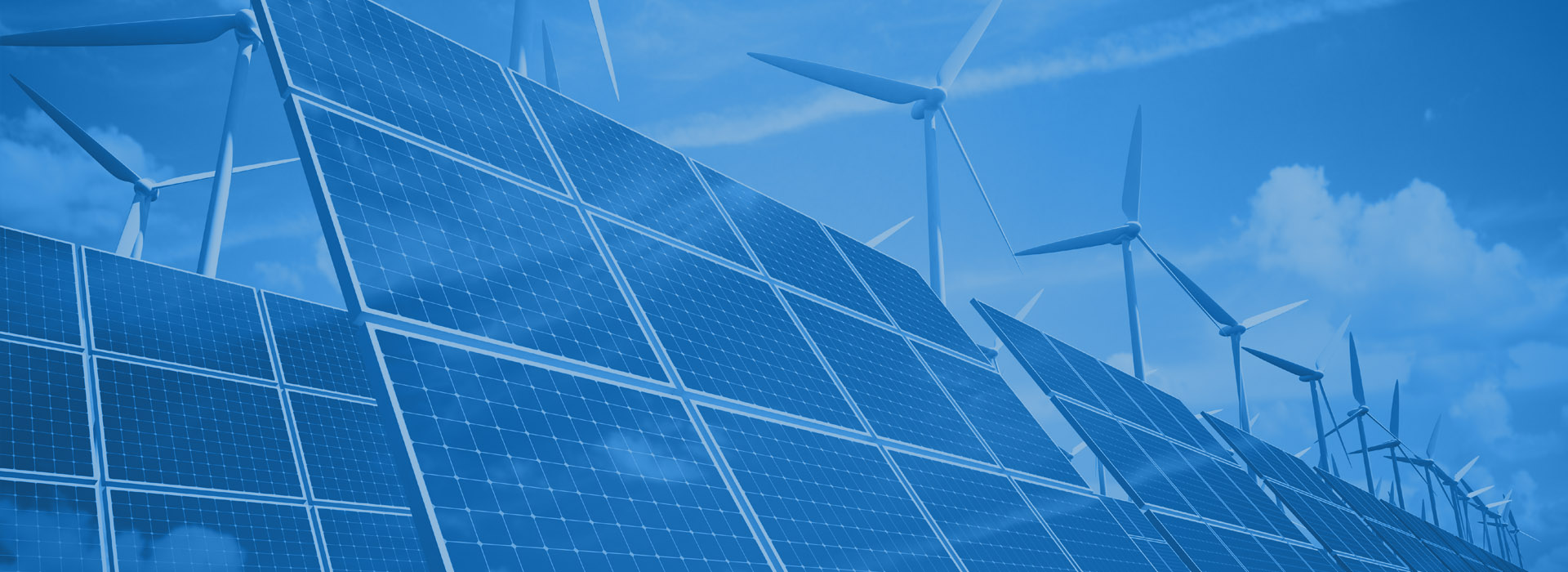TURKEY AS AN ENERGY HUB
Turkey has one of the fastest growing energy markets in the world. According to forecasts by Turkey’s Ministry of Energy and Natural Resources, demand will grow on average by 5.5% from 2014 to 2023. This growth requires new investments in electricity production, transmission and distribution. In addition to the construction of new plants, outdated power plants and networks must be replaced with modern technologies and adapted to current environmental standards and efficiency requirements.
To ensure energy supply, investments amounting to USD 120–130 billion must be made until 2023.
Turkey is becoming increasingly important, also with regard to European energy supply. The Oxford Institute for
Energy Studies confirms that Turkey has good opportunities to become an energy hub for the region. This was revealed in a study published in February 2014 about the Turkish energy market. According to the study, with the appropriate investments and reforms, the country can become not only a significant marketplace for the import and export of gas via pipeline but also an important trading centre for energy transactions on the spot market.



